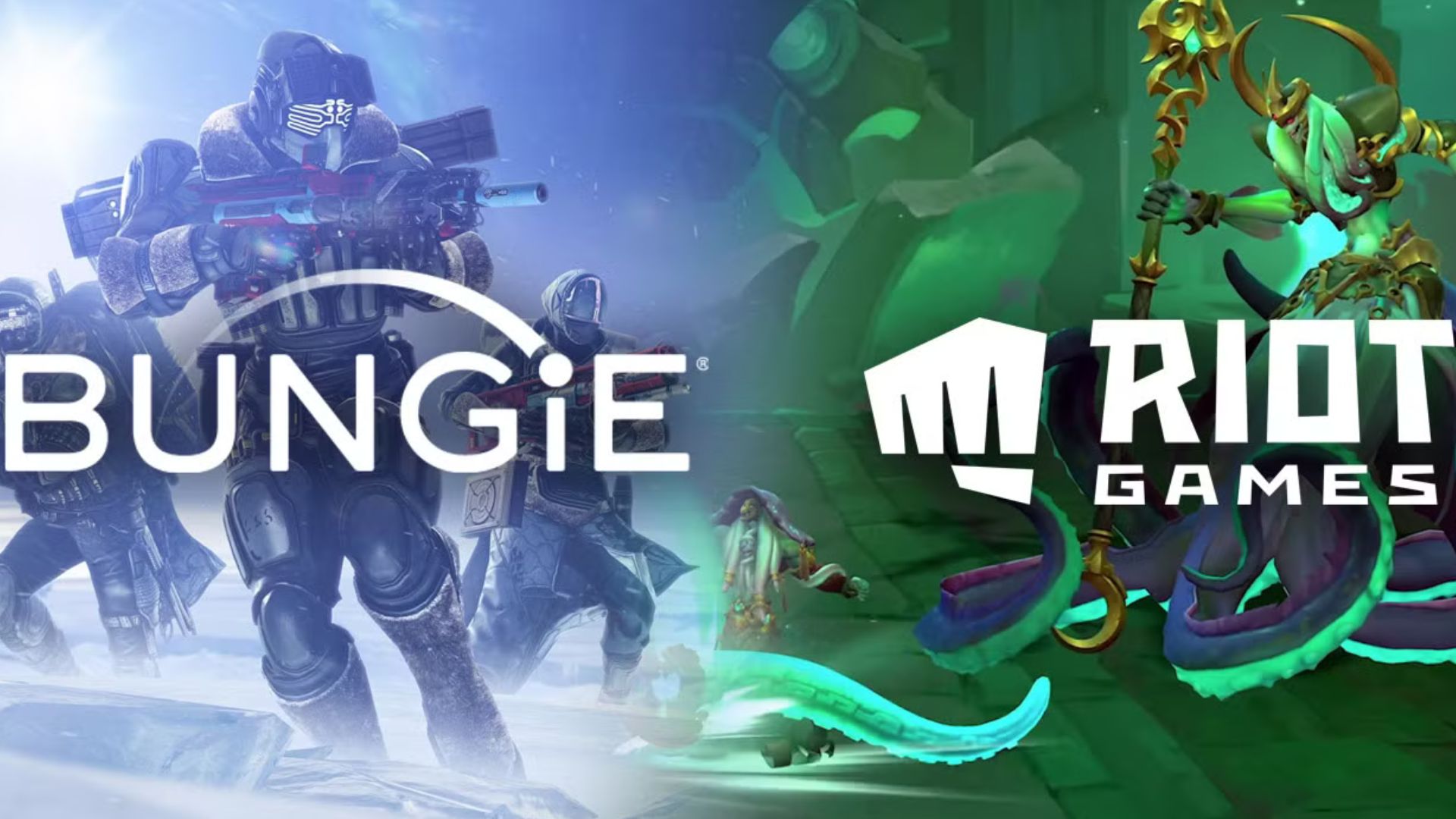How Riot Games is tackling the rise of video game cheaters
Riot Games fights video game cheats with deep tech and undercover tactics, keeping cheating in Valorant under 1% globally.

If you’ve ever played a competitive online game, chances are you’ve come across a cheater. For as long as video games have existed, people have tried to bend the rules for an edge. In the past, this was often just a hobby — a way for tech-savvy gamers to show off. However, with online gaming now a serious industry, where some make real money through competitions and streaming, cheating has become a profitable business. Developers like Riot Games are taking a strong stand to fight back.
Table Of Content
Vanguard is Riot’s secret weapon against cheats
Riot Games — known for popular titles like League of Legends and Valorant — has built a powerful anti-cheat system called Vanguard to protect its games. This system runs at the kernel level, meaning it has more deep access to your computer than most apps. It can check for suspicious activity and stop cheat programmes before they even start.
Phillip Koskinas, Riot’s Head of Anti-Cheat, describes himself as someone who was “put on this earth to ban cheaters.” Under his leadership, Vanguard is doing just that — every day, thousands of cheaters are banned from Valorant. Riot says that, as of early 2025, fewer than 1% of Valorant ranked games globally involve cheaters — a major win in the battle for fair play.
But what makes Vanguard so effective? It doesn’t just block cheats — it uses Windows’ security tools to detect them. Features like the Trusted Platform Module (TPM) and Secure Boot are used to ensure your system hasn’t been tampered with. Vanguard also checks that your device’s drivers are up to date and looks for signs of cheating hardware. If something seems suspicious, it can stop cheats before they launch.
Koskinas says, “We use all the same tools Microsoft uses to protect the system. We need to keep the environment secure to do our job.”
Reporting in from Manual Ban HQ, where we can now manually check thousands of accounts per minute for $400 DMA cheats (manually) pic.twitter.com/sZUKku5P4V
— Phillip Koskinas (@deteccphilippe) January 23, 2025
Infiltrating cheat communities from the inside
Stopping cheaters isn’t only about tech — it’s also about people. Riot has a team dedicated to understanding how cheat developers work. This “reconnaissance arm” quietly joins online cheat groups using fake identities. Some fake accounts have been active in the cheating community for years.
In some cases, Riot even shares anti-cheat information with these groups to build trust. By pretending to be part of the cheating scene, they can get early access to new cheats and quietly track who uses them. Once the cheat spreads, Riot bans everyone who uses it.
This undercover strategy helps them catch even the so-called “premium” cheats—expensive, hard-to-get software sold to only a few users. These cheats can cost thousands of dollars and are designed to avoid detection. But even these developers have a weakness: their reputation.
Koskinas says that one of Riot’s strongest tactics is making cheat creators look foolish. That might mean banning all their users at once or leaking proof that Riot was inside their private chat groups. “We can just make them look like fools,” he adds.
A delicate balance between detection and strategy
Interestingly, Riot doesn’t aim to catch every cheater instantly. Doing so could push users to switch to new, undetected cheats faster. By allowing small amounts of cheating for a short while, Riot can study how these systems work and ban them more effectively in the long run.
“If we hit every player every time, they’ll just switch cheats,” Koskinas explains. Slowing them down helps Riot stay one step ahead.
The battle against cheating will likely never end. But with a mix of strong technology, clever strategy, and deep understanding of the cheating world, Riot is showing that it’s possible to keep online gaming fair — and fun — for everyone.
















